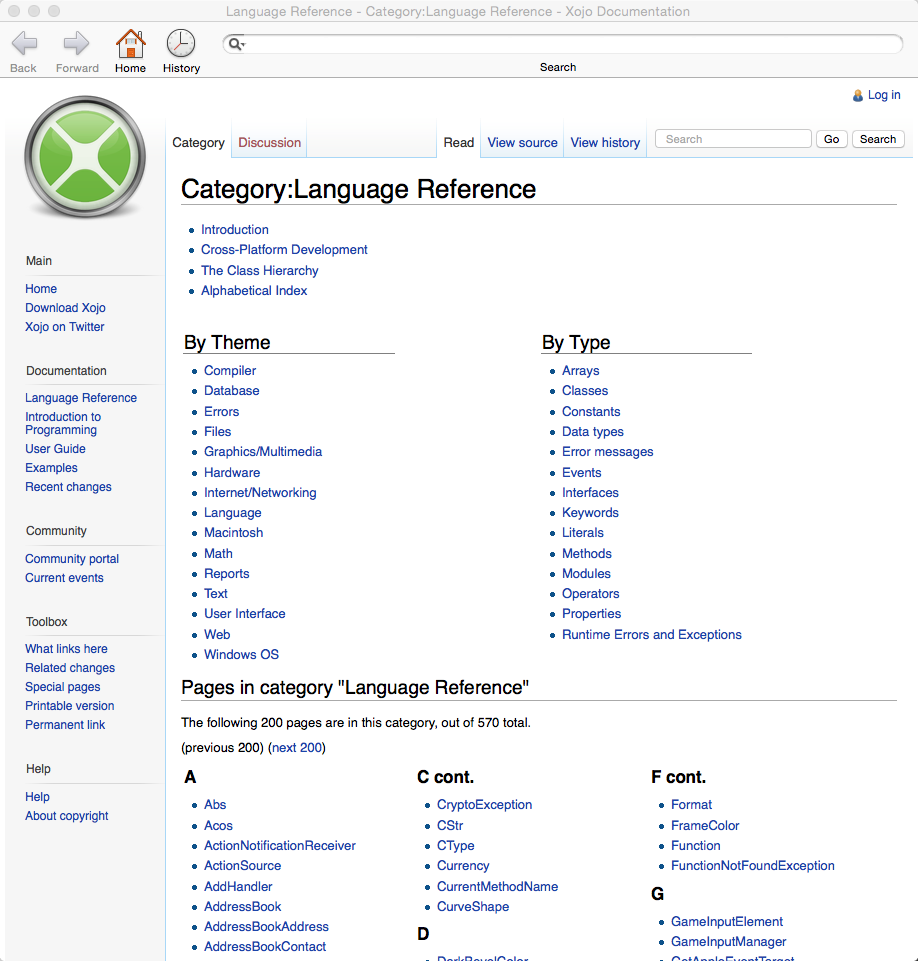
Like others have said, calling them scripts was probably to make it sound easier, and so it would be compared with Lua scripting. Really, they're just C# files (or whatever language) that get compiled with the rest of the project.
Xojo vs livecode software#
Unity calls them scripts but from a software engineering perspective, it would be more accurate to call them components. But under the hood, there's very little actual difference. I'm pretty sure the two terms are used more to describe the types of work you'll do with them. But what it honestly entails under the hood is anyone's guess. The use of the term "scripting language" came about to make programming seem easier to do. I don't know if it builds assembly language code-I doubt it. Unity's "scripting languages" are surprisingly fast to me. But it was slower than Frontier or LiveCode for years (no idea now). Supposedly it would build assembly from Basic code. RealBasic, now Xojo, uses a compiler, too.
Xojo vs livecode code#
But it's still called a scripting language, despite that it can inherently build assembly code on the fly, when prompted to. Userland Frontier uses YACC to compile its 'scripts' into machine code. I've seen LiveCode parse text as fast as C, on the same machine. It's not as flexible as SuperTalk's native language, but it's a lot faster, especially in some specific cases like text parsing. LiveCode uses a similar system that (supposedly) compiles the code into assembly. It was "slow" by comparison to raw C, but it was fast enough to handle around 10k simultaneous people playing poker. I built the first multiplayer Flash server in SuperCard, with a few compiled plugins for networking. It could build assembly code, and supposedly newer versions of the plug-in were compiler were actually written in SuperTalk. There was a plug-in for SuperCard that would "compile" SuperTalk. And it uses mostly human English as the language.


For example, you could use SuperCard to write a program that would run every line right after it runs. It's one of the slower languages, but it also can create and run instances of itself in real time. The compiler will treat anything like anything, until it finds a match. Scripting sounds easier than programming.įor example, SuperCard uses a token lookup system so it's just pointers to assembly code. I think it's marketing more than anything else.


 0 kommentar(er)
0 kommentar(er)
